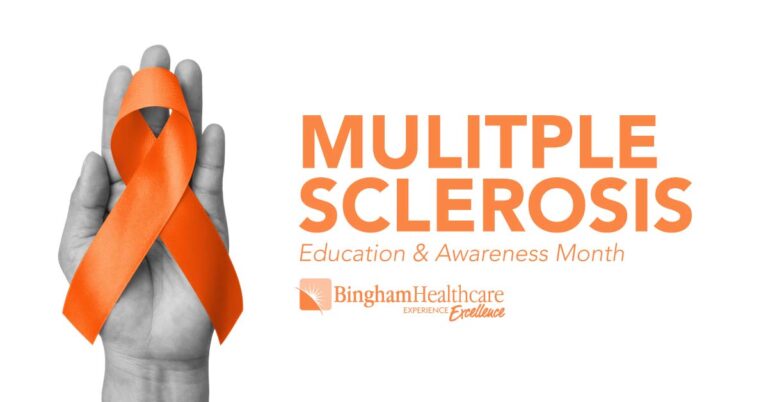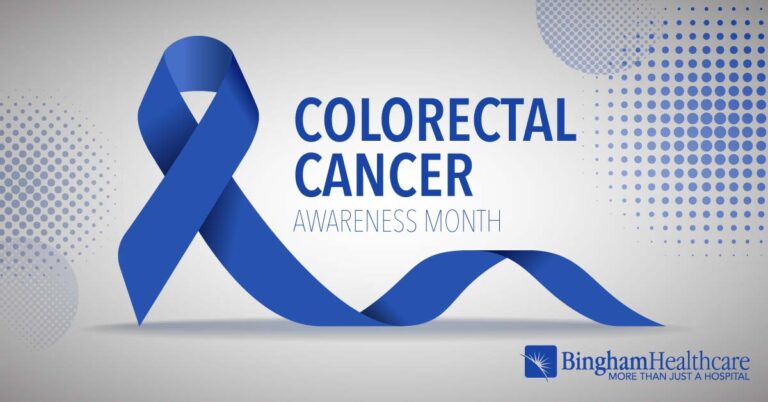
Caring for the Caregiver
In honor of National Family Caregiver’s Month this November, we wanted to provide you with some information on how to lighten the load if you’re a caregiver looking after a loved one.
to lighten the load if you’re a caregiver looking after a loved one.
Each year, an increasing number of Americans are taking care of a loved one with a chronic condition or disability, or navigating old age. While being a caregiver may be an added and unexpected responsibility, it may be one of the most important roles you have taken on—or will have to take on one day.
Looking after a loved one isn’t easy, but you’re not alone. According to the Caregiver Action Network, two out of every five adults are family caregivers. Caregivers dealing with extreme stress lose as many as 10 years off their lives. Those who provide 36 or more hours of caregiving a week are much more likely to experience depression or anxiety—and up to six times more likely when caring for a spouse.
So, how can we better help our caregiving friends? Consider this advice from Bailey Alvarez, a licensed clinical social worker (LCSW) at Bingham Healthcare, for providing much needed support.
Ask specific questions
Many well-meaning friends make a general offer of help (e.g., “If there’s anything I can do, let me know.”) and then go on with their own busy lives, not realizing that their caregiving friend is drowning in the responsibility of the role.
What to do:Be specific. Ask if you can arrange to have the yard mowed every Saturday or bring dinner on Tuesday. Better yet, ask the caregiver to write down a list of needs, then you can assemble a team to check off each one.
Listen, quietly
“The biggest thing for caregivers is the feeling of isolation,” says Alvarez. “Sometimes caregivers need to vent anger, guilt, resentment and feelings of being overwhelmed. They just need to be able to say those things and feel like a human being.”
What to do:Simply listen without offering an opinion or trying to “fix” the situation.
Broker a break
Caregivers need a timeout to rest and recharge from one of the toughest jobs out there. “The problem is that many caregivers don’t make the time to do this,” says Alvarez. “As they ignore their own needs, their health and ability to provide good care can suffer.”
What to do:Help your caregiving friend or family member research in-home respite care or adult day programs. While feasibility varies based on care needs and ability to pay, there are many agencies, community-based volunteer groups and home health organizations that can provide respite care.
Return the favor
“Caregivers are at increased risk for having multiple chronic diseases as they may neglect their own personal health needs while providing care to others,” Alvarez says. “Caregiving takes a huge toll on their own health.”
For example, according to the Centers for Disease Control and Prevention, 40.7% of caregivers report having two or more chronic diseases, and 53.4% of caregivers aged 65 years and older have two or more chronic diseases compared to 34.8% caregivers aged 45 to 64 years.
What to do:Swap roles and make sure the person’s own doctor appointments and follow-ups aren’t forgotten. And give the gift of wellness in the form of a favorite destresser, such as a massage or pedicure, movie tickets, or a light read.
Being a family caregiver takes a lot of time and effort and the challenges can be both intellectual and emotional. You may have become a caregiver suddenly and without warning, or perhaps your role evolved over time. With the number of family caregivers growing every year, we honor the importance of the roles that they play and applaud you for giving back unconditionally.
The Help You Need
If you are a caregiver and are feeling overwhelmed by your responsibilities, Bailey Alvarez, LCSW at Bingham Healthcare, is here for you. To learn more or schedule an appointment, please call (208) 782-2991. Bailey sees patients of all ages in Blackfoot.
To learn more about Bailey, please visit www.BinghamMemorial.org.
Our content is reviewed regularly and is updated when new and relevant evidence is made available. This information is neither intended nor implied to be a substitute for professional medical advice. Always seek the advice of your physician or other qualified health provider prior to starting any new treatment or with questions regarding a medical condition.
Return to Articles


